Either the rules change or it's better to put an end to the fleet that is dedicated to collecting shellfish with the art of hook. This morning around five dozen shipowners and fishermen joined the protest called by the Olhãopesca producers association, against the prolonged ban on collecting shellfish, which has lasted "for more than six months" and has left hundreds of professionals without sustenance .
This restriction is due to the presence of STD toxins, which cause, among other symptoms, diarrhea. This is, at least, the justification presented by the Portuguese Institute of the Sea and the Atmosphere (IPMA).
The L8 zones, between Faro and Olhão, and L9, between Tavira and Vila Real de Santo António, are the places where harvesting is prohibited, as well as in Albufeira.
Basically, summarized Miguel Cardoso, president of Olhãopesca, "it is not possible to catch shellfish practically on the entire southern coast", a situation that is already causing great damage.
“They [the shipowners] are practically prevented from working. There are companies that are going bankrupt. There are boats leaning against the pier. Fishermen go to other boats, nobody can stand that long without earning any kind of income. Therefore, the boats stop, the shipowners do not make money and go bankrupt,” said Miguel Cardoso.
This is because the other species that can be caught with the art of the hook, such as the «white clam and the donkey's foot», in addition to being «seasonal, do not have the commercial value that the conch has».
“Directly from the fishing sector, there are about 250 people who are prevented from working with a species of great commercial interest. Not to mention the entire value chain – shipping center, purification centers», said the president of Olhãopesca.
Joaquim Dias Sousa was one of the faces of the revolt this morning in Olhão. At 80 years old, he presents himself as “the oldest member of the fleet here”.
«I've had a boat since 1987. It's called “Ai da Susana” and it's in Fuzeta. The first license was for my boat. Some restrictions on harvesting have been imposed on us, but this was the strongest”, he began by explaining to the journalists.
With extensive experience in the collection of shellfish, Mr. Joaquim has no doubts that the seafood is healthy and free of any kind of toxins, which means that this restriction, in his opinion, has no connection.
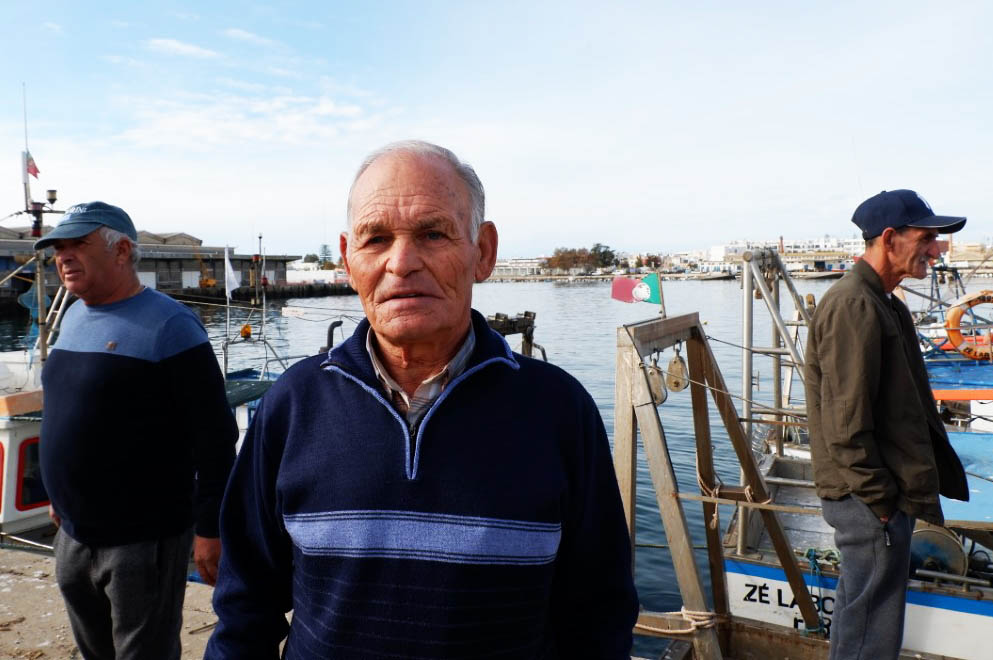
“I say to those gentlemen of the analysis: the device must be broken. Come talk to me. I guarantee that the seafood has nothing. I have been walking for many years in this life. We know when something is going on. They are still catching shellfish there, everyone eats and no one has anything”, he shot bluntly.
Miguel Cardoso is also surprised by the presence of toxins, when, during the summer, "thousands of people caught and consumed shellfish and no cases of mass intoxication are known."
"We don't want to take this matter lightly, because it's a matter of public health, but we think it's too precautionary," he said.
Saddened by this whole situation, Joaquim Dias Sousa is making ends meet – which is already big.
“I haven't been earning anything. We have insurance to pay every three months. I pay 110 euros, for example, but since I haven't gone to sea, I don't earn. It's all unemployed. There is no alternative. This is very bad,” he said, embittered.
If this situation continues, with regular and increasingly prolonged periods of interdiction, «the only worthy solution is the definitive immobilization, that is, support for slaughter, in the next Community Support Framework», defended Miguel Cardoso.
This, if "there is no possibility or willingness to review the regulatory limit and the periods are not so long", since the conversion of these vessels to other activities is seen as an "impossibility".
For Mr. Joaquim, slaughter could even be the best solution.
“If they gave me money, maybe I'd lose it, but I felt sorry for it. I came from a big boat to a small one. I gave studies to my children and told them I didn't want anyone at sea. They have fulfilled: I have graduated grandchildren. This is not life. What has been done to us, people with children who have houses to pay… It's too much», he concluded.
Miguel Cardoso, in turn, guaranteed that the fight will continue. “We will continue to make ourselves heard and protest. This is unsustainable and we don't want to stay that way».
Photos: Hugo Rodrigues | Sul Informação
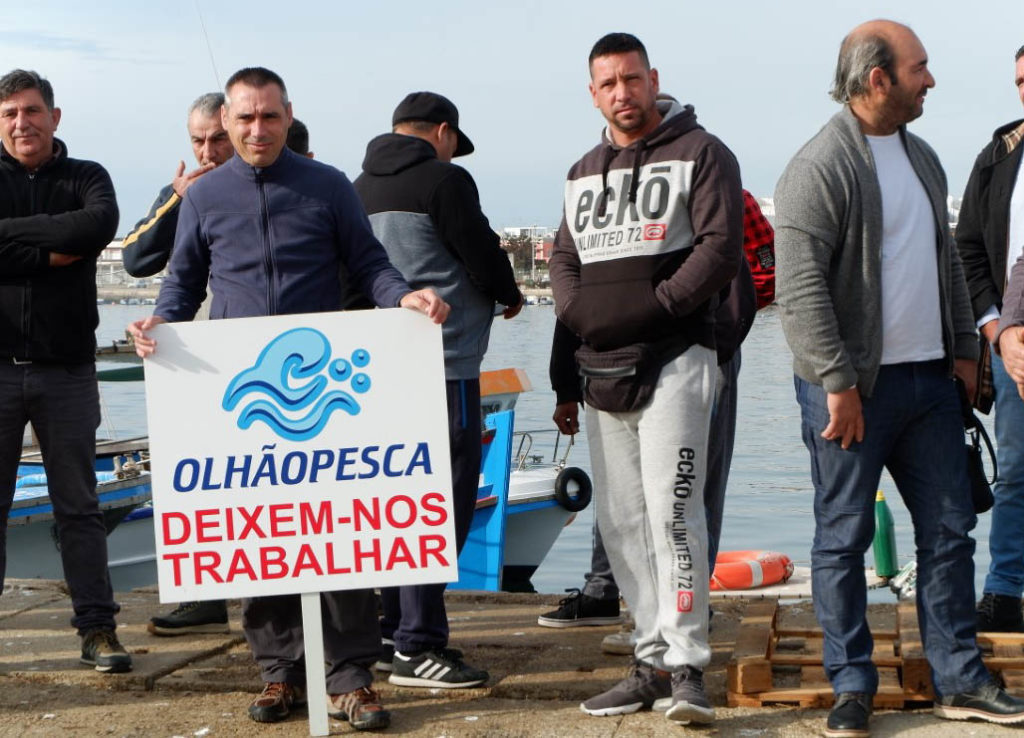
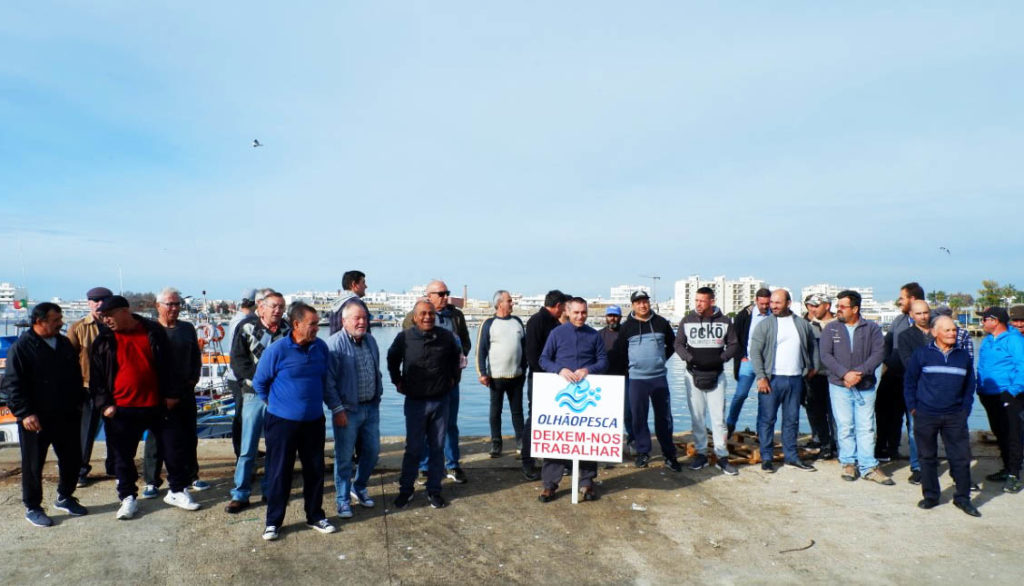
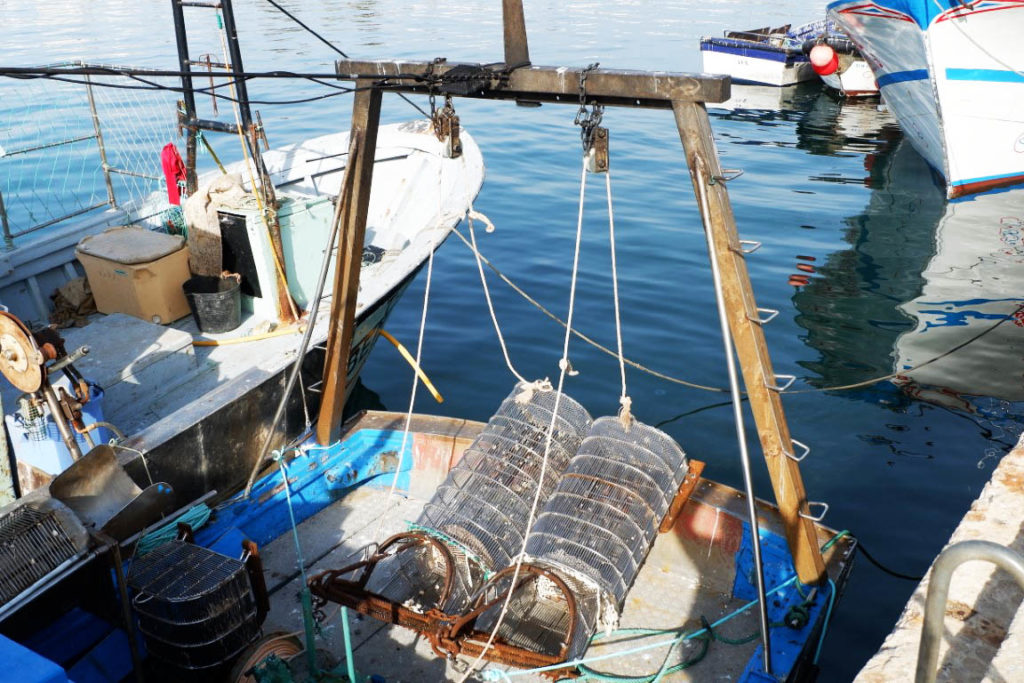
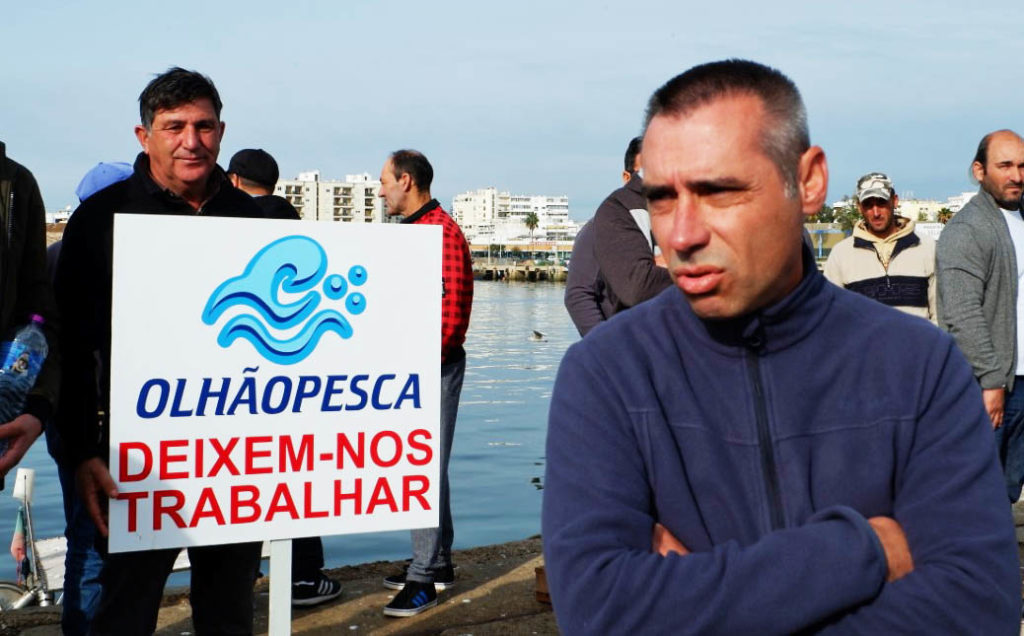
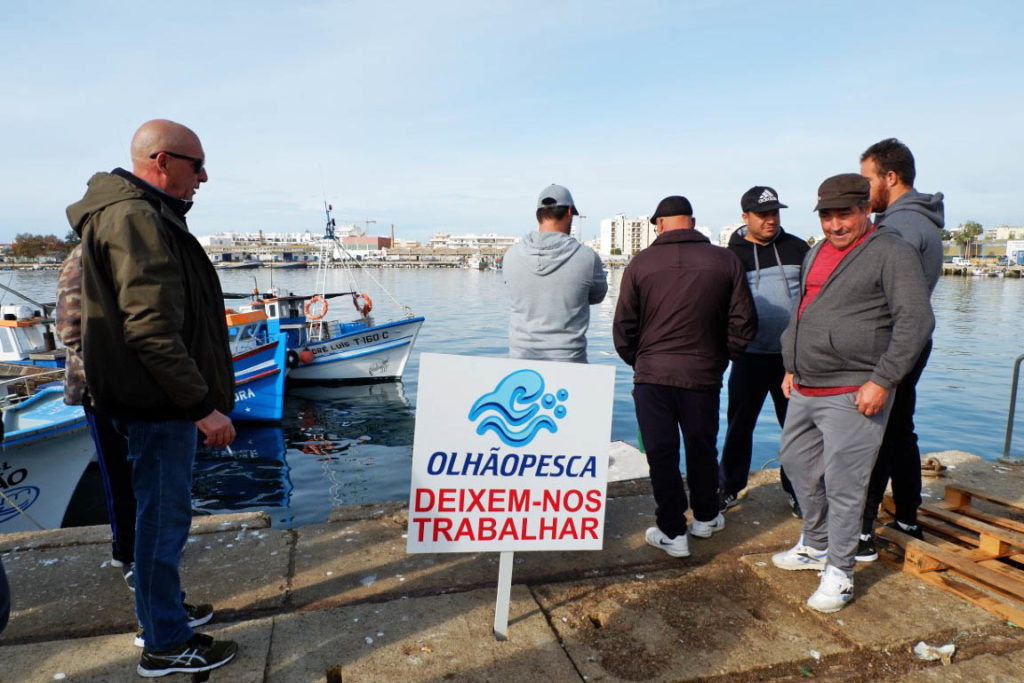
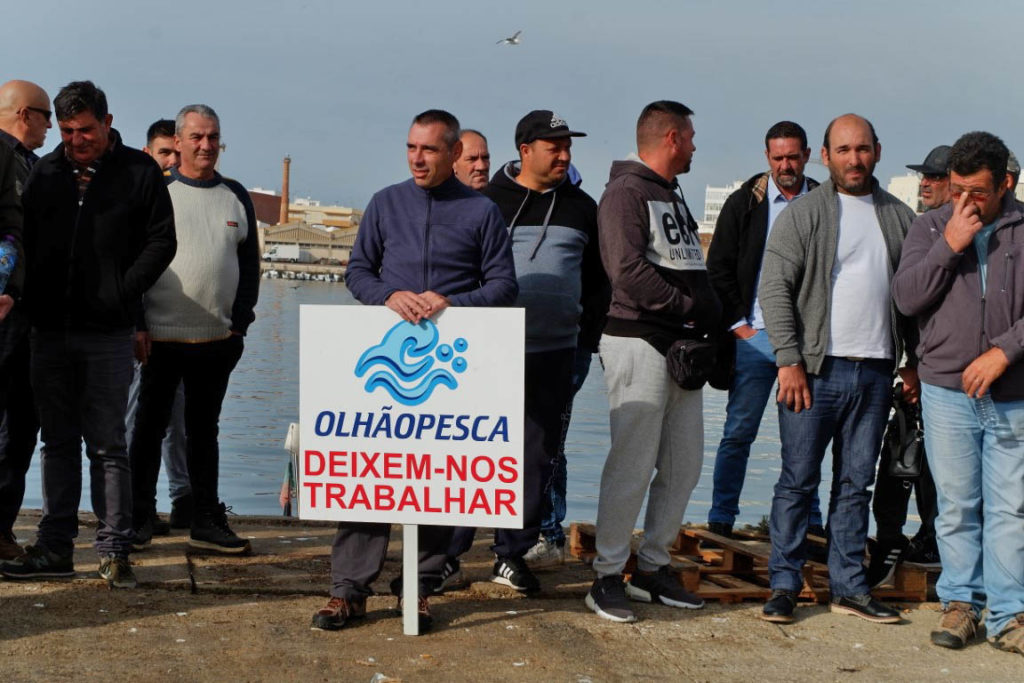
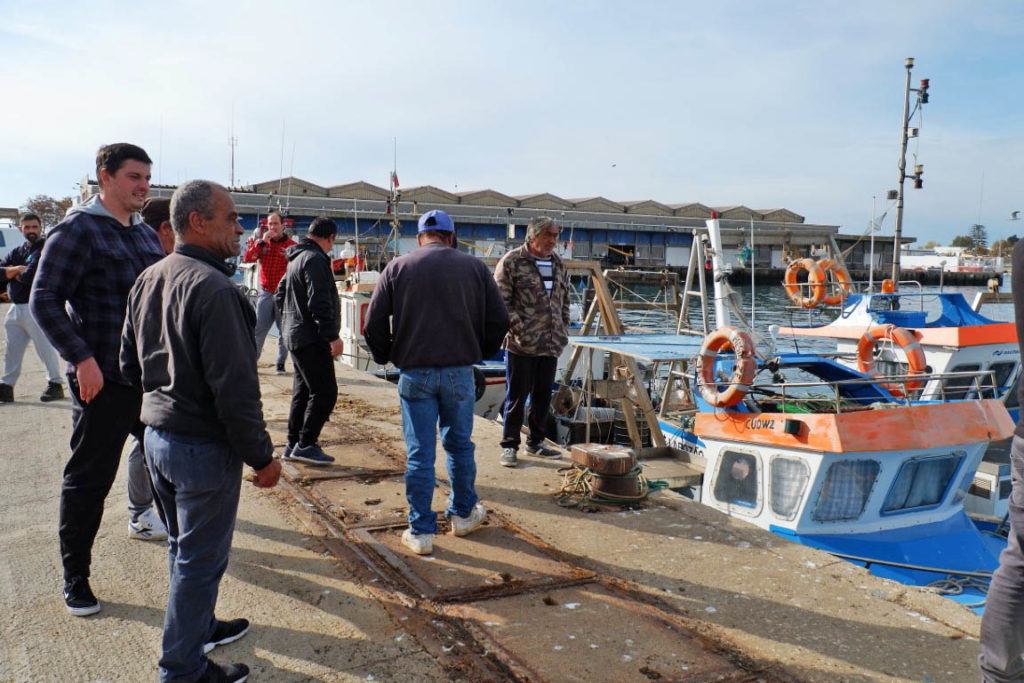
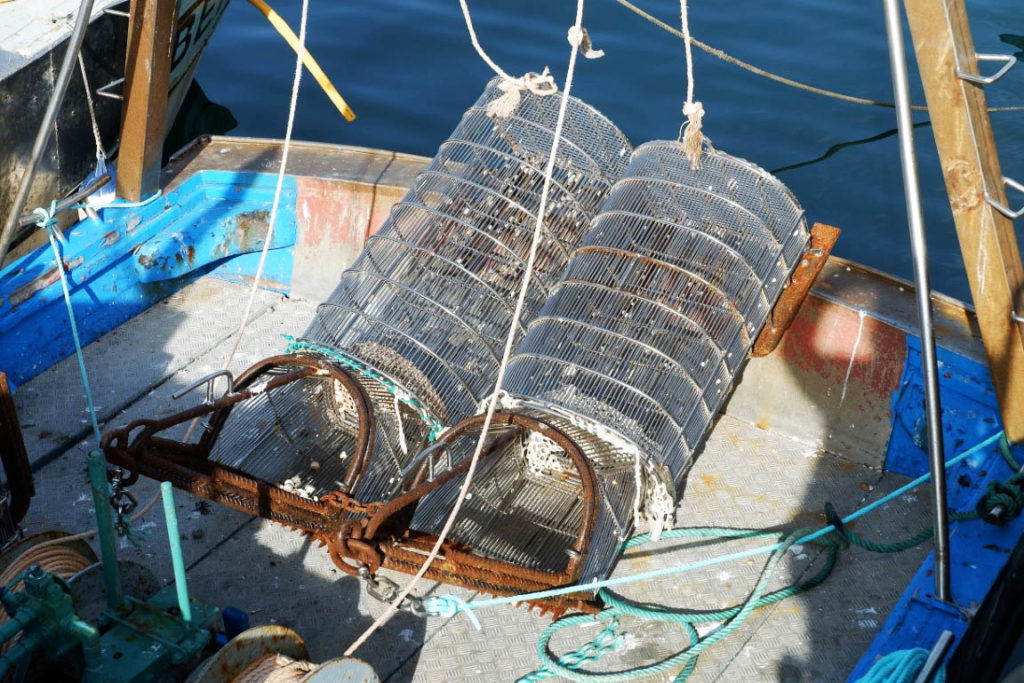
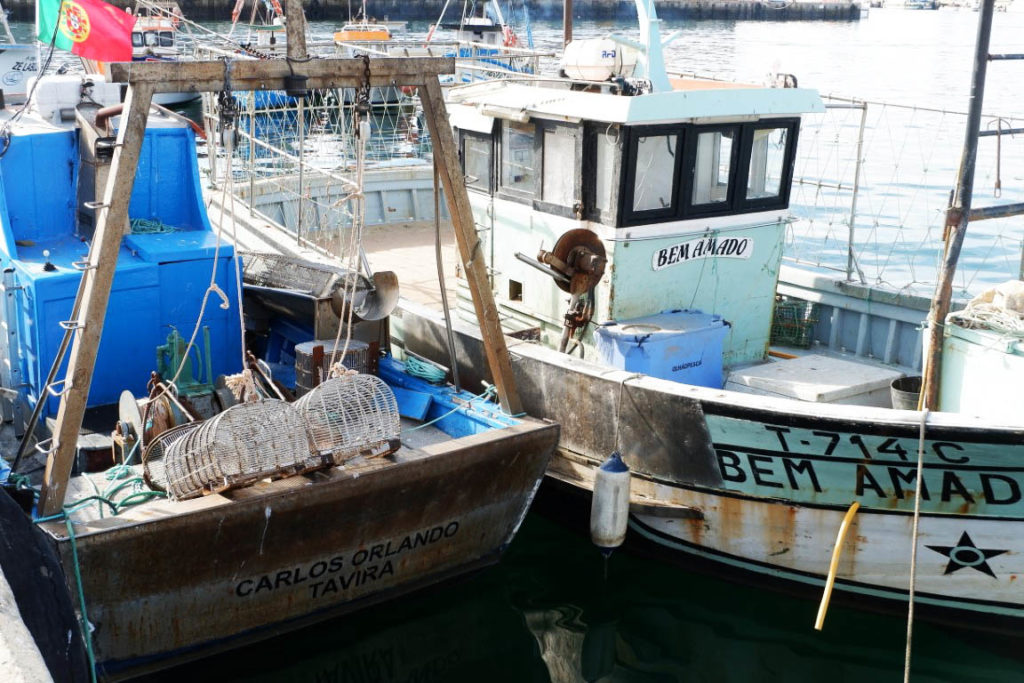
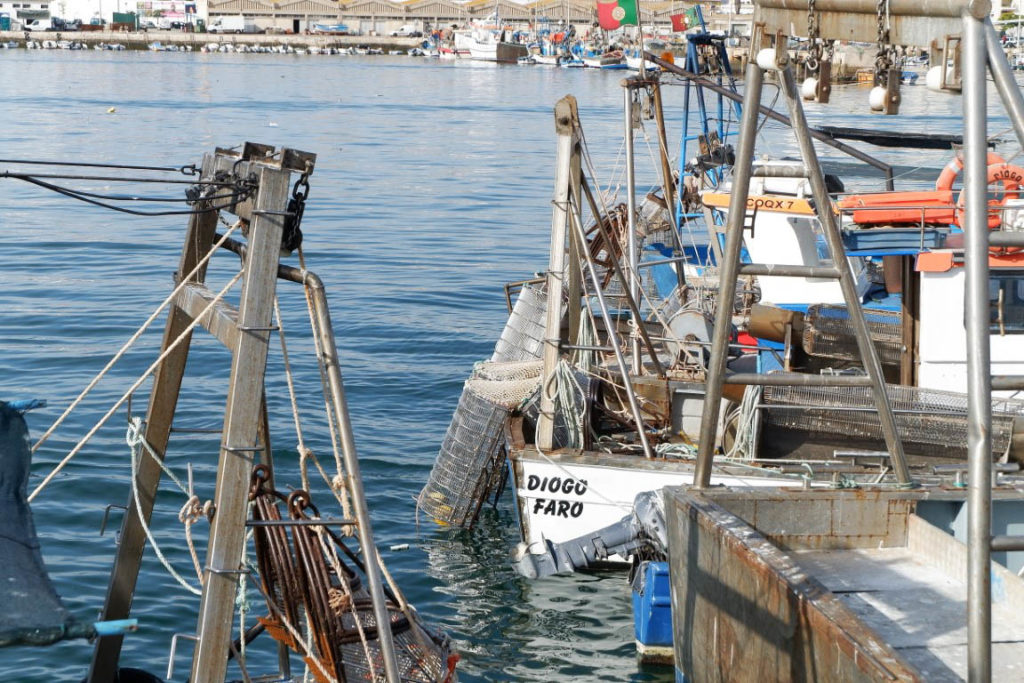
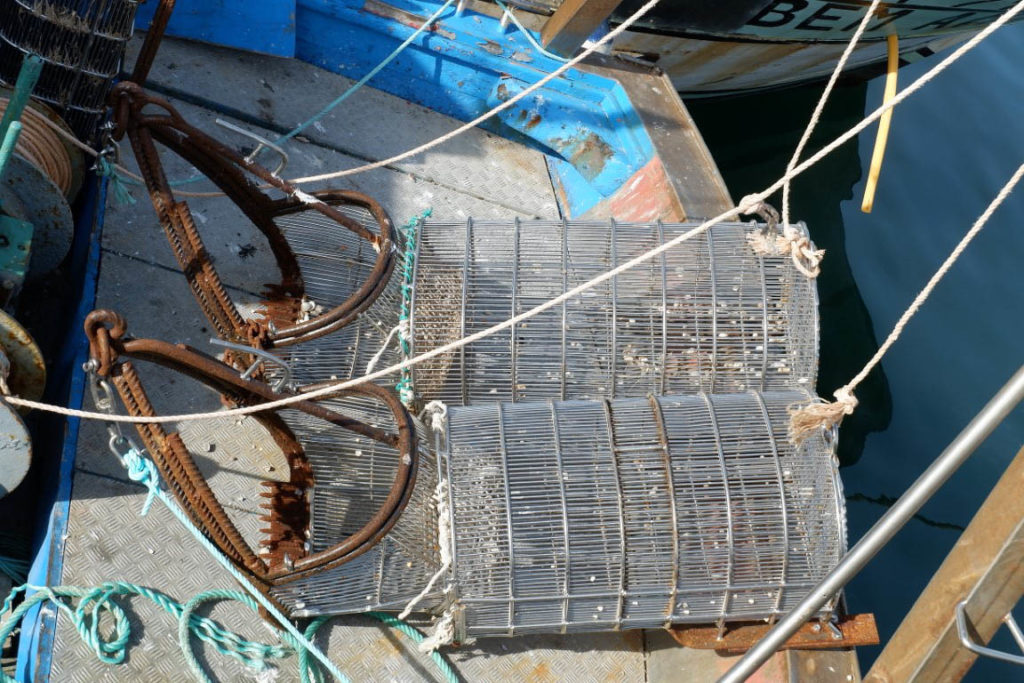
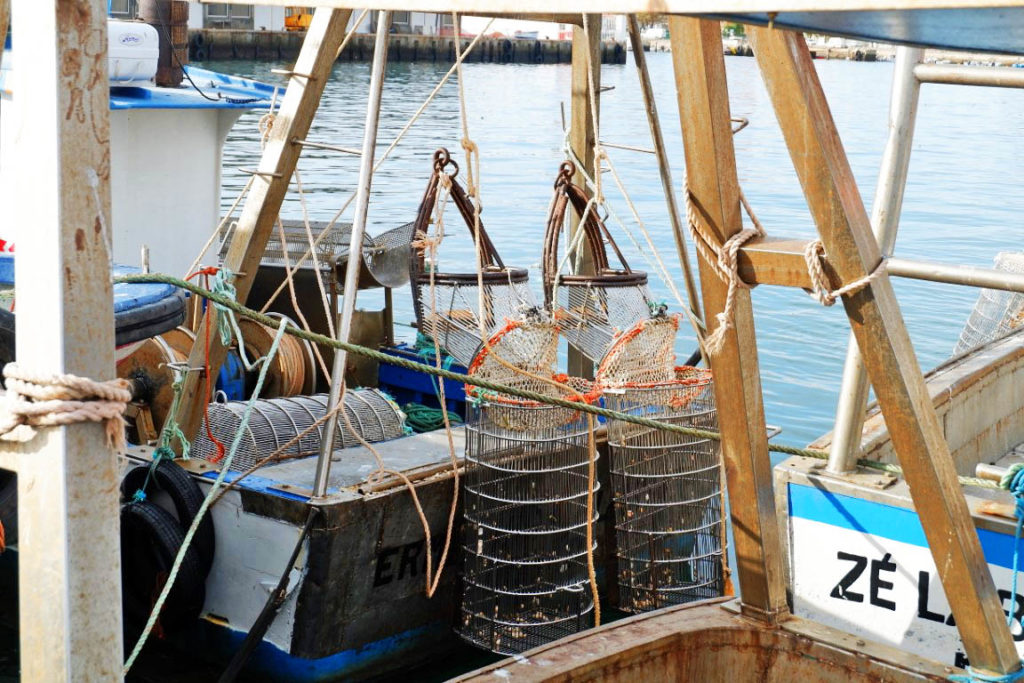


















Comments